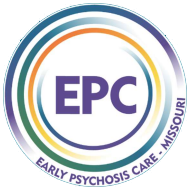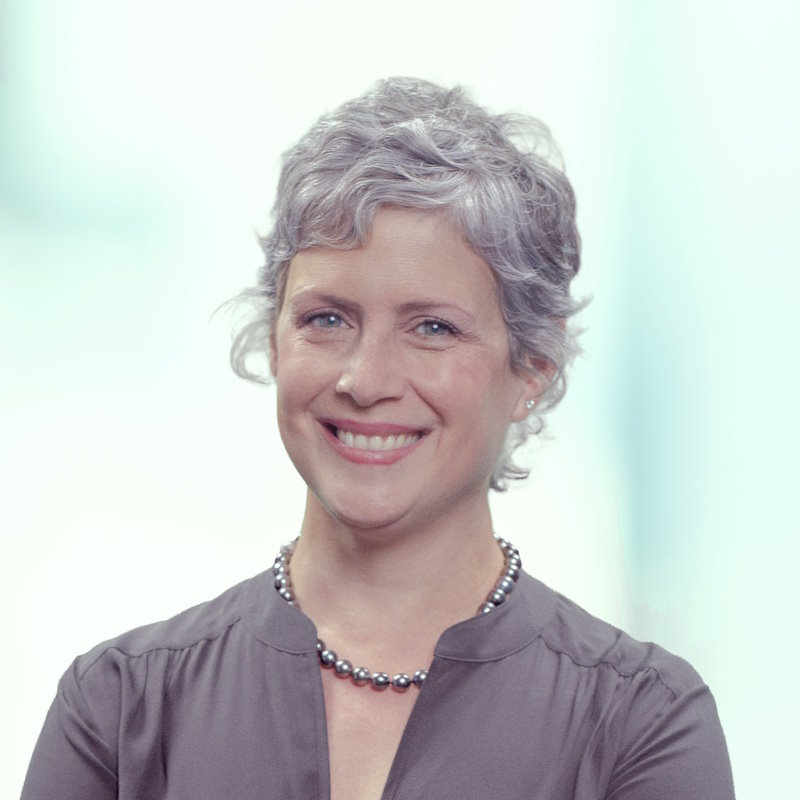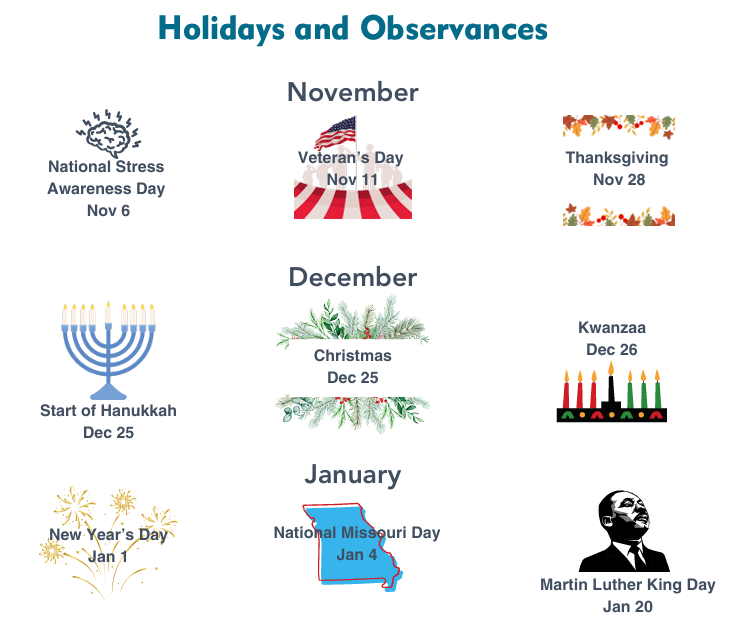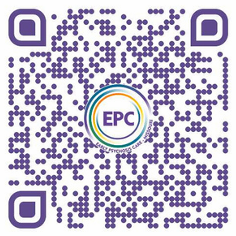
Early Psychosis Care Center Newsletter
Managing Behavioral Health Through the Holidays
If you are in recovery from substance use disorders, the holidays can bring on a particularly unique kind of stress. For some, the presence of freely flowing alcohol at holiday parties or gatherings can be a stressor. For others, interacting with family members can lead to uncomfortable feelings an potentially threaten sobriety. In order to keep recovery at the forefront, have a plan for when prompting events arise. Bring a sober friend or skip gatherings with alcohol all together if needed. Also, don’t forget to check in with others who are in recovery during the holiday season.
For many families, schizophrenia is a challenge at any time of year. For someone trying to manage schizophrenia episodes and symptoms, the holidays present so many activating events to derail recovery. Stress can be most damaging to those living with schizophrenia. It leads to the production of cortisol, which in turn, can cause episodes of schizophrenia. Families can work together to limit stress, manage and minimize symptoms, and keep everyone happy and healthy.

REBECCA PRESTON, PHD
CLINICAL LEAD OF
EARLY PSYCHOSIS CARE CENTER
Team Member Spotlight


Join our Youth Advisory Council!
We are looking for youth & young adults ages 15-35 with personal lived experience with psychosis. Influence change, empower others, and build connections!
Virtual meetings are held on the second Monday of every month from 6-7pm CST
Upcoming Trainings
Assessment 101 Part A is a free 1-hour training. CEUs are available. This training will focus first episode psychosis (FEP) intake questions. Attendees will learn how to feel comfortable asking questions about psychosis and speaking to individuals who are reporting signs and
symptoms of first episode psychosis.
Register Here: https://cvent.me/x1nmPm
Assessment 101 Part B is a free one-hour training. CEUs are available. Building upon Assessment 101 Part A, attendees will learn about differentiating between clinical high-risk and psychosis symptoms. Individuals will be oriented to the use of screening, self-reporting, and structured and semi-structured clinical interviews to assist in diagnosis, treatment planning, and ongoing assessment of psychosis symptoms.
Register Here: https://cvent.me/15oM3w
Psychosis 101 is a 1.5 hours virtual training that will include a screener and discussion of the screening process. Assist providers in learning how to talk to clients and families about possible psychosis symptoms as well as understand the importance of early intervention and treatment. Provide a brief overview of diagnostic criteria, describe the threshold for attenuated versus full psychosis, and discuss role of culture and trauma, the importance of good therapeutic rapport, and emphasize educating referral sources. Virtual format, recorded, and made available online.
Register Here: https://cvent.me/g494ln


